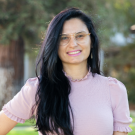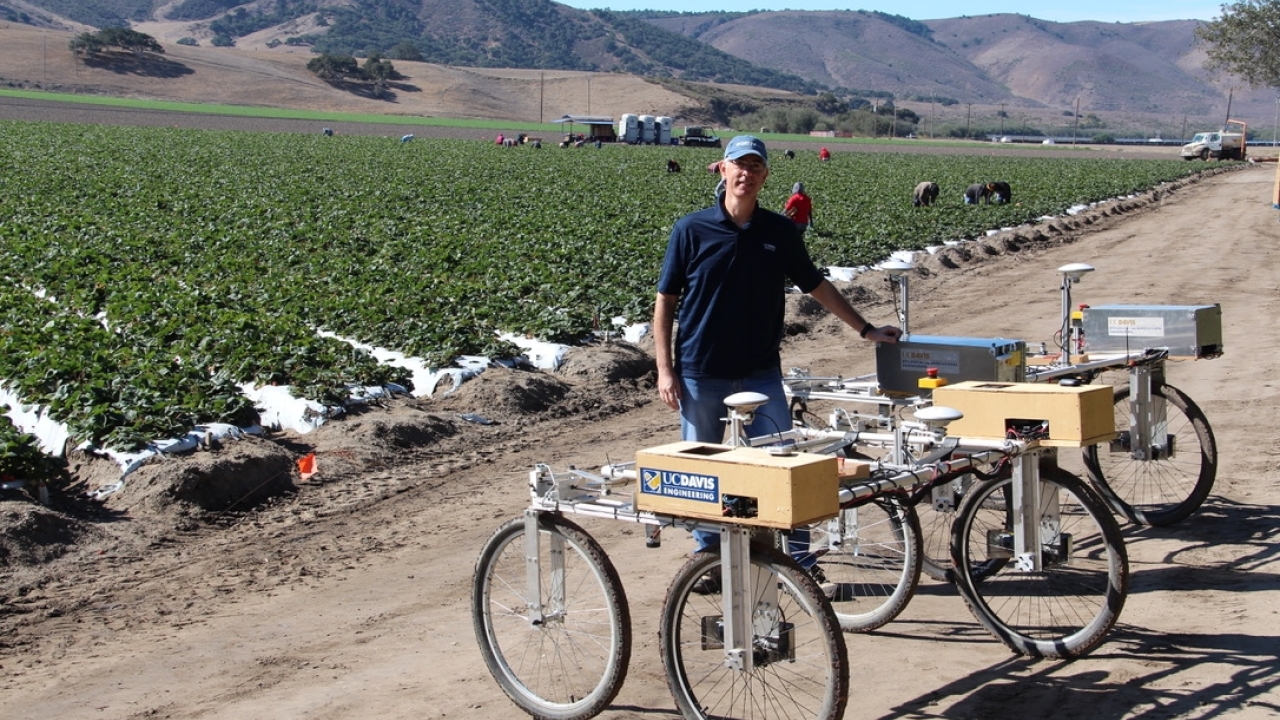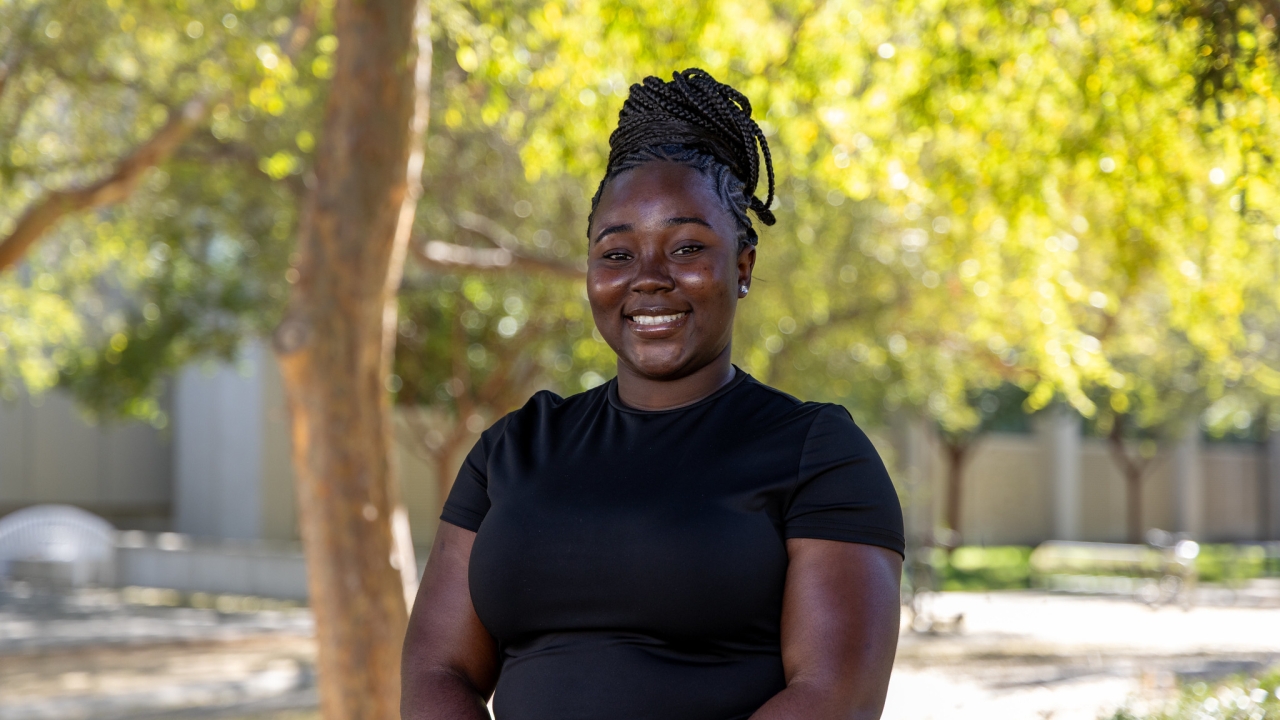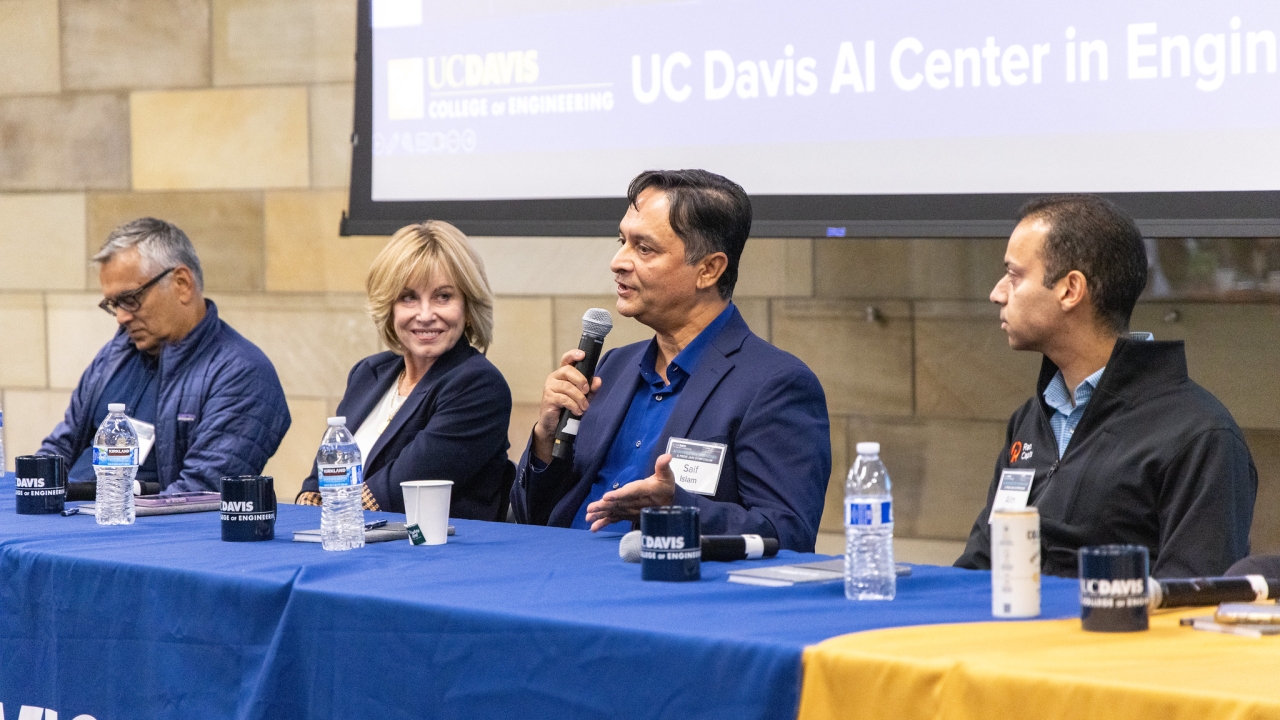Professor of Teaching Co-Leads Dialogues Across Difference Workshop
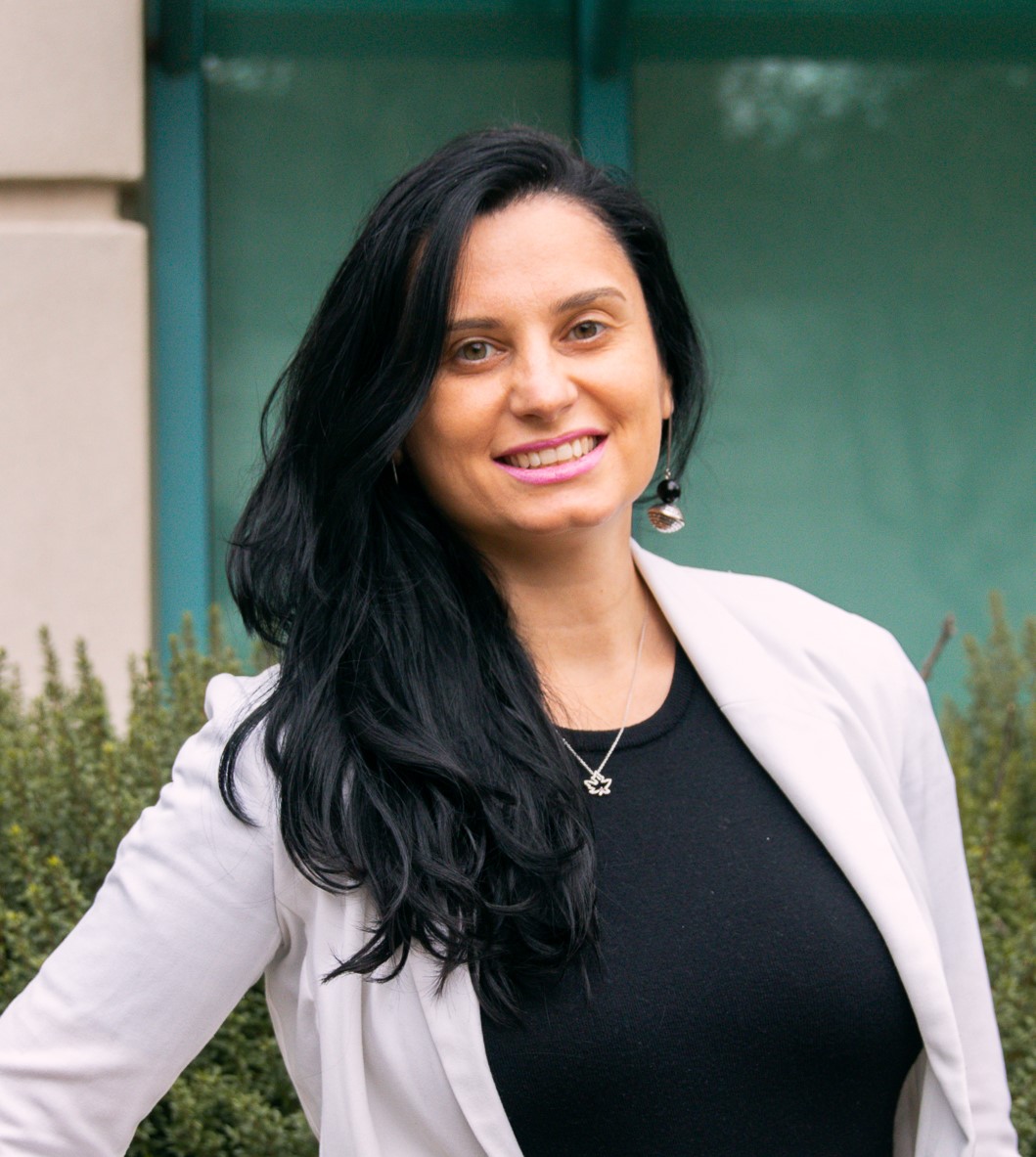
Dialogues Across Difference is an initiative of the University of California, Davis, Office of Diversity, Equity and Inclusion, in which a team of 12 faculty members meet regularly to explore what it means to exchange ideas in the academic environment healthily.
A workshop hosted by the group in early March dug into how to manage dialogues when disruptive speech happens in the classroom, including setting expectations and affirming boundaries while still allowing for learning, teaching and growth.
Glaucia Helena Carvalho do Prado, assistant professor of teaching in the Department of Chemical Engineering and member of the College of Engineering DEI Committee, is part of the Dialogues Across Difference team. We spoke with Prado about her takeaways from the workshop.
How do you define disruptive speech?
Disruptive speech is not well defined, and it is multi-faceted. In the classroom, it takes place when an event prevents the course or activity from achieving its learning objectives. However, it is worthwhile to point out that disruption can also sometimes be good; depending on how students and faculty are able to respond when it occurs, it can be an opportunity for richer learning and growth.
Do you have experience with disruptive speech in your academic career?
When I met my colleagues from the Dialogues Across Difference community of practice for the first time, I remember saying that I had never experienced it in my engineering classes since I don't teach sensitive topics. However, I've learned that it is not only verbal statements that are considered disruptive — even teaching evaluations can be considered disruptive. The reason is that instead of giving feedback on the course content, students may make personal comments about physical attributes or an accent or compare you with more experienced professors. These comments may cause emotional distress to the professor, and, consequently, affect the course in achieving its learning objectives. Faculty from marginalized groups are most likely to receive such comments.
What are some things you learned at the workshop?
I learned how to differentiate types of disruptive speech in the classroom, how to handle difficult conversations, and, more importantly, the rights and responsibilities of both students and professors in the classroom.
What were some of the most impactful moments in the workshop for you?
The most memorable moments in the workshop for me were the performance from theater students about faculty experiences with a disruptive speech at UC Davis and Professor of Law Brian Soucek's presentation titled "Toward a Better Understanding of Free Speech and Discussion."
The theater students' performance provided not only examples experienced by faculty but also the feelings associated with such experiences, which I could relate to. Brian's presentation explained what can be done and what cannot be done according to the law in different spaces at the university, like in the Quad, on a bulletin board and in the classroom. This is important information for all faculty, and there is a video on the UC Davis Diversity, Equity and Inclusion site explaining those differences.
You facilitated a small group discussion. What were some of the key takeaways?
The main takeaways from my discussion on how to support faculty and TAs are:
- Require training for TAs; some departments have a 1-unit course to train TAs, and how to handle disruptive speech could be included.
- Emphasize to TAs/faculty that if they are from marginalized groups, they may be more likely to be challenged by students.
- Require training for faculty.
- Establish a faculty support system, particularly for some disciplines that experience more verbal disruption than others.
How do you plan to approach disruptive speech in the future?
I plan to exercise my rights and responsibilities according to the university guidelines by establishing norms in my classes that will help prevent disruptive behavior and include a statement in the syllabus to set expectations on classroom behavior.
Any final thoughts?
Dialogues Across Difference means exchanging diverse ideas and experiences in a healthy and respectful environment. It is important to have workshops like this to learn from peers on how to respond to disruptions in the classroom.

